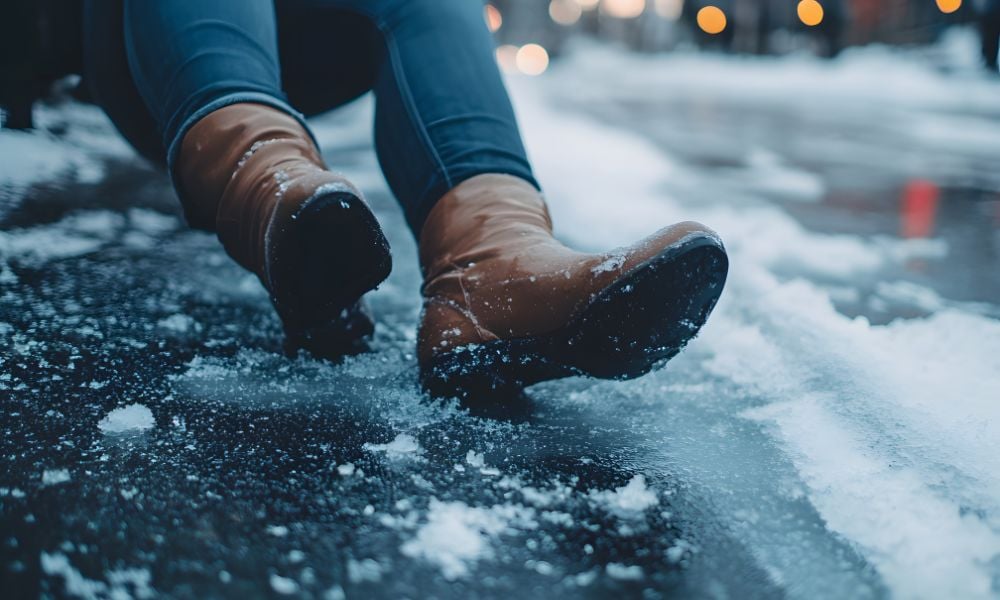
A woman slipped on ice while reaching to unlock her car with a key fob

The Ontario Court of Appeal denied an insurer's request for leave to appeal a ruling that classified a slip-and-fall in a parking lot as an "accident" under the Statutory Accident Benefits Schedule (SABS).
The case involved a respondent who slipped on ice while reaching to unlock her car with a key fob. The Licence Appeal Tribunal (LAT) denied her claim for accident benefits under the SABS, ruling that ice, not her use or operation of the vehicle, caused her injuries. However, the Divisional Court overturned this decision, finding that her proximity to the vehicle and use of the key fob constituted direct use or operation of the car, thereby meeting the SABS definition of an "accident."
The insurer, Aviva General Insurance Company, sought leave to appeal, arguing that the Divisional Court misapplied the causation step of the SABS accident test. The insurer contended that the test requires a vehicle's direct use or operation to cause the injury physically, not merely a presence near the car or intent to use it. According to Aviva, the ice caused the fall, not the respondent's actions related to the vehicle, making the Divisional Court's reasoning overly flexible and inconsistent with established precedent.
The Court of Appeal applied the principles from Re Sault Dock Co. Ltd. and City of Sault Ste. Marie, 1972 CanLII 572, which governs leave applications from Divisional Court decisions. These principles require the matter to present an arguable question of law or mixed law and fact with significant implications for Ontario jurisprudence or public importance. The court reaffirmed that its role in granting leave is not to revisit fact-specific disputes unless broader legal principles are at stake.
In its analysis, the court concluded that the dispute was primarily fact-specific and did not justify revisiting the established framework for interpreting the SABS. The court emphasized that the causation test under SABS remains settled law and found no compelling reason to revisit or revise it in this case. Ultimately, the court denied the motion for leave to appeal.